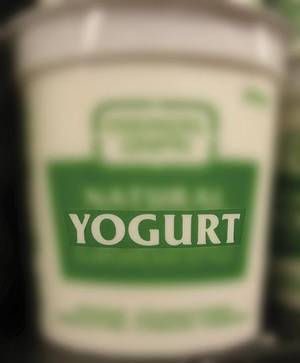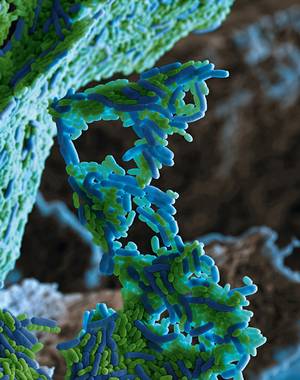Probiotics may not be as effective or beneficial as they believed
2018/09/13 Galarraga Aiestaran, Ana - Elhuyar Zientzia Iturria: Elhuyar aldizkaria

It is common to take probiotics to monitor bowel function and restore mircoleyma, for example, after taking antibiotics. However, some researchers have concluded that this practice may be useless. Moreover, probiotics can hinder the recovery of the microbiome. The study was published in Cell magazine.
Two experiments were conducted to reach these conclusions. 15 volunteers participated in one of them. They have taken samples of their microbiome, directly from the intestine, and compared it to the microorganisms in their excrements. The first conclusion is that, contrary to what has so far been considered, fecal microorganisms do not represent the intestines.
In addition, a new conclusion was reached: A total of 15 volunteers took probiotics and saw that their influence on each other was uneven, as the bacteria taken with the probiotic became part of the microbiome of both were expelled.
The most significant conclusions were obtained in the experiment conducted after taking antibiotics. In this experiment, 21 volunteers received the same antibiotic treatment. Subsequently they were divided into three groups: some were treated with bacteria collected from their stool before taking antibiotics, others took probiotics and the latter gave them nothing.
The first to recover were those of the first group, which only took a few days. On the contrary, those who took probiotics took longer to complete the microbiome than those who took nothing. It seems that the bacteria themselves taken with probiotics hinder the formation of a natural microbiome.
Therefore, researchers have warned that probiotics are not always good for everyone, and should they be adapted to each person.

Gai honi buruzko eduki gehiago
Elhuyarrek garatutako teknologia




